In Gabon, the Youth Rally Behind a Revolutionary Leader as Elections Approaches
- by Kunada, Gabon, RNG247
- about 9 months ago
- 130 views
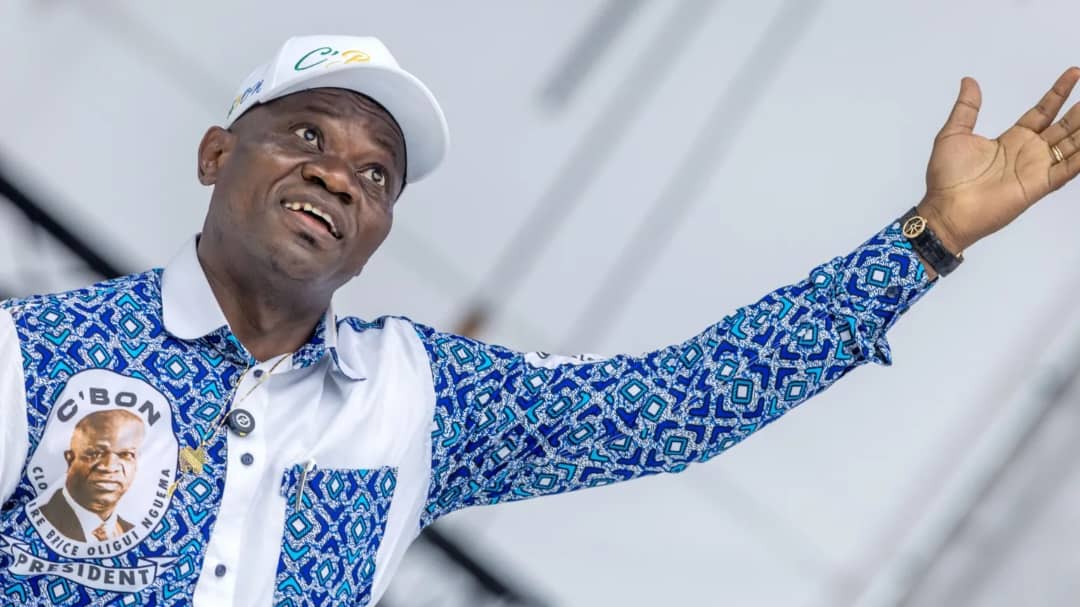
In the bustling streets of Libreville, the gleaming white taxicab of 40-year-old Landry Obame-Mezui symbolizes a new dawn for Gabon’s youth amid a pivotal moment in the country’s political landscape. The car, emblazoned with the words “Taxi Gab+,” is not just a means of transport; it represents the promise of opportunity from General Brice Oligui Nguema, the transitional leader who has seized power since the bloodless coup in August 2023.
Oligui Nguema, who has positioned himself as a champion for the nation’s youth, has rolled out a hire-purchase scheme that provides more than 800 new taxi vehicles to young people, aiming to alleviate the staggering youth unemployment rate that stands at 40%. “Before August 30, 2023, I struggled to find my footing. Now, I have a stable foundation on which to set my goals and aspirations,” says Obame-Mezui, resting against the gleaming surface of his new ride.
As Gabon prepares for a critical presidential election, the sentiments among taxi drivers like Obame-Mezui are resounding. The phrase “I will vote for the builder Oligui Nguema” adorns his vehicle, echoing his firm endorsement for the leader’s vision. “The president introduced action before words. I predict a crushing victory for him at the polling stations,” he asserts with conviction.
Nearly 19 months into Oligui Nguema’s leadership following the ousting of the reigning Bongo regime, Gabon’s populace faces a historic election, free from the shadow of the Bongo family’s enduring grip on power. Billboards showcasing Nguema’s face and campaign slogans dominate urban landscapes, enveloping the capital and reducing space for opposition visibility.
Among the citizens, opinions vary widely. Shonnys Akoulatele, a 30-year-old potential voter, views the pervasive campaign displays as superficial. “It's just for ambiance,” she remarks. “I feel obliged to vote, but none of the candidates can genuinely transform our country.” Skepticism runs deep, as many voters, like Akoulatele, fear a mere replication of the old regime.
Candidates vying for the presidency share a legacy linked to former leaders. Alain Claude Bilie-by-Nze, the main contender, had previously held the position of Prime Minister under both Omar Bongo and his son, Ali Bongo. Others, including Stephane Germain Iloko and Alain Simplice Boungouères, also hail from the former ruling PDG party. Despite this shared history, they all strive to distance themselves from the past administration.
Oligui Nguema himself served under both Bongo presidents but now touts his role in dismantling a corrupt regime. As part of his platform, he has championed a crackdown on abuse of power, announcing the arrests of the ex-president’s eldest son and wife for alleged corruption—charges they deny. His campaign hinges on infrastructural improvements, vowing more roads, hospitals, and schools as hallmarks of a new governance approach.
While supporters hail the transition as a positive force, others remain skeptical. “Initially, I was excited about the transition,” confesses Libreville local Jacques Okoumba. “However, as time passed, many of the promised changes under the new regime have not materialized.” This widespread disillusionment speaks volumes about the deep-rooted expectations and the reality facing Gabonese citizens.
The new constitution, endorsed during a referendum in November 2024, sparked hope for many that this election might signal the definitive end of the Bongo era. Political analyst Bergès Mietté voices concerns about a genuine shift, suggesting that without a change in the ruling elite and governance style, claims of transition may be unfounded. “True political renewal is evident only when a new class of leaders emerges, distinct from the Bongo legacy,” he notes.
As the populace prepares to cast their votes, the upcoming election offers a chance to rectify past grievances. For the first time since 1967, Gabon stands at a crossroad without the influence of a Bongo or the PDG party on the ballot. However, concerns loom regarding electoral fairness as critics argue that the evolving political landscape has been shaped to favor Oligui Nguema, creating a challenging environment for opposition candidates.
The question remains: will Gabon embrace a new leadership era, or will it circle back to the familiar structures of the past? As the election approaches, the nation holds its breath, hoping for transformation and rejuvenation in its government and future.



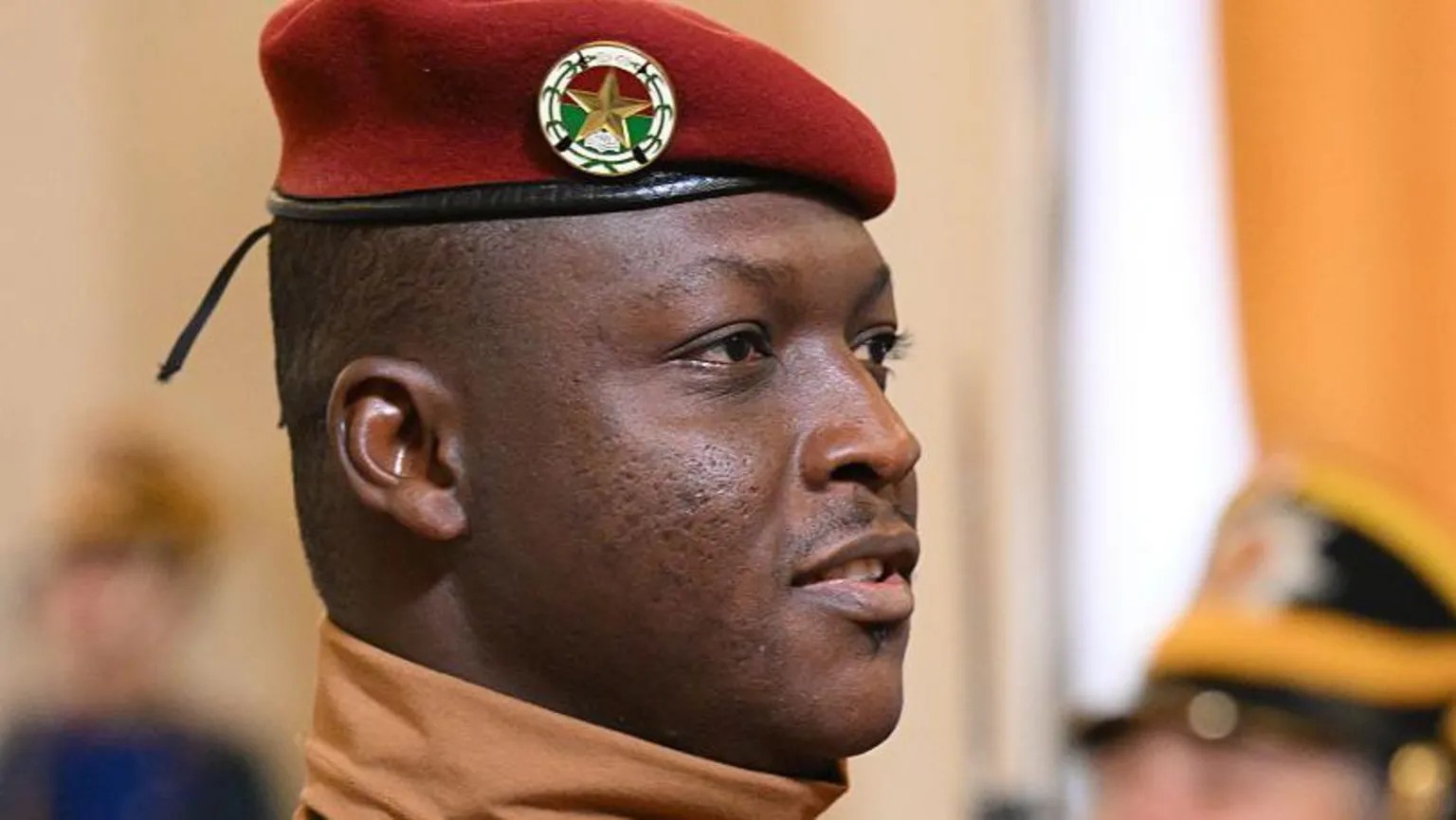
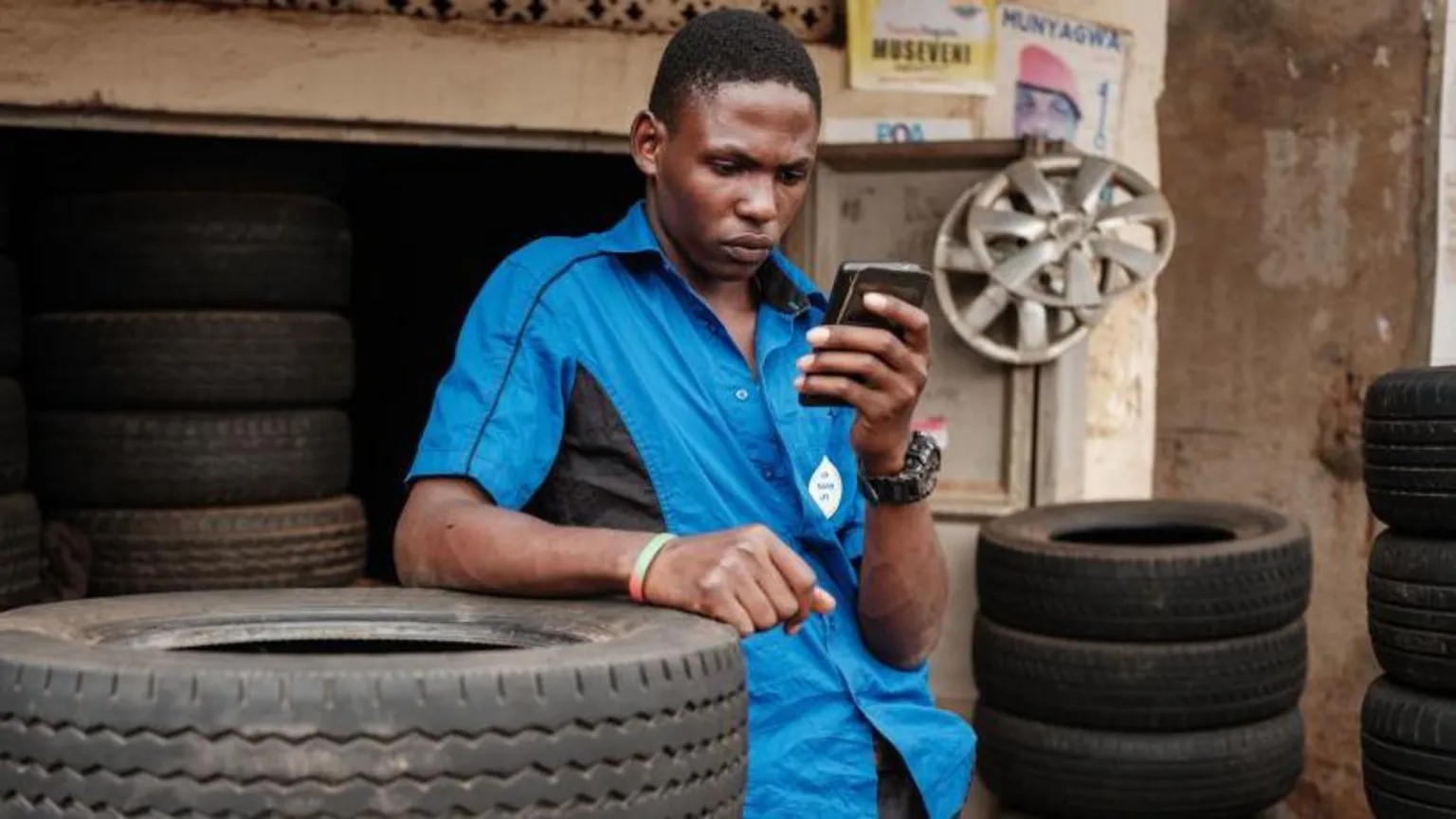
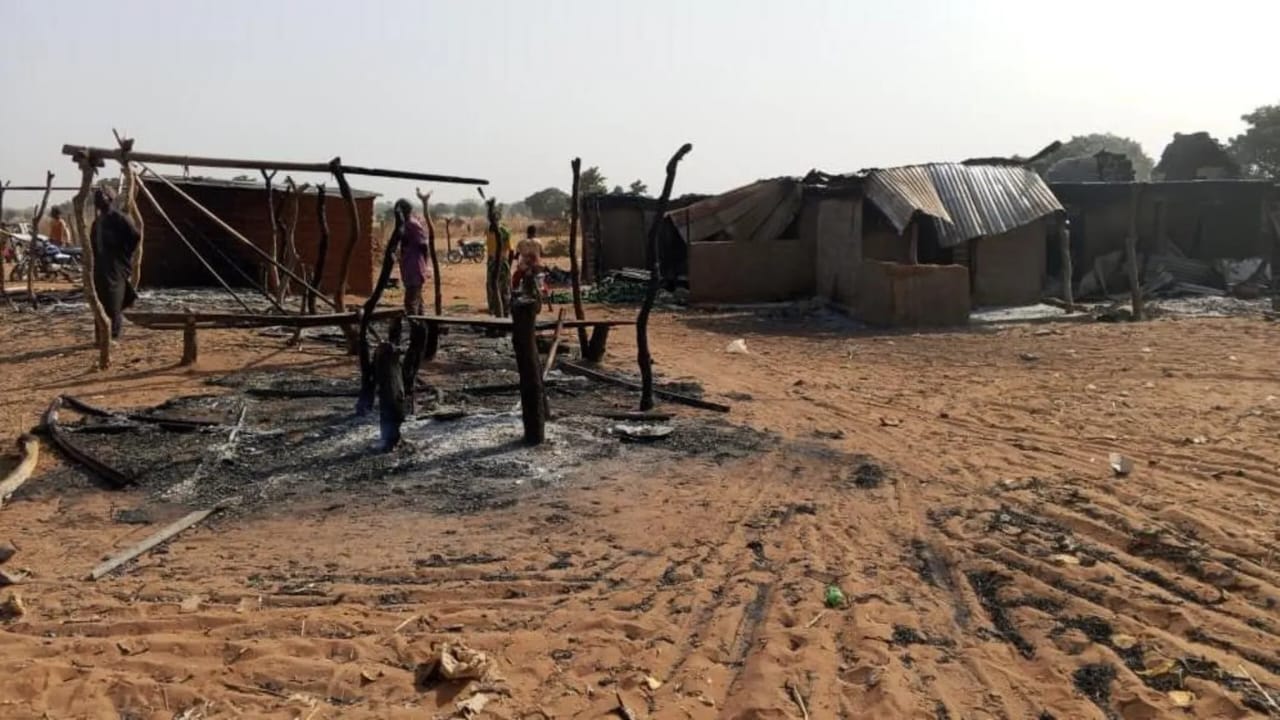
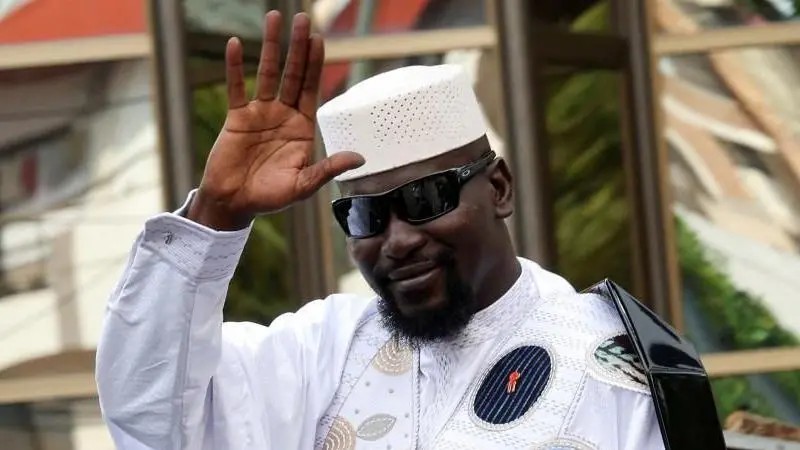
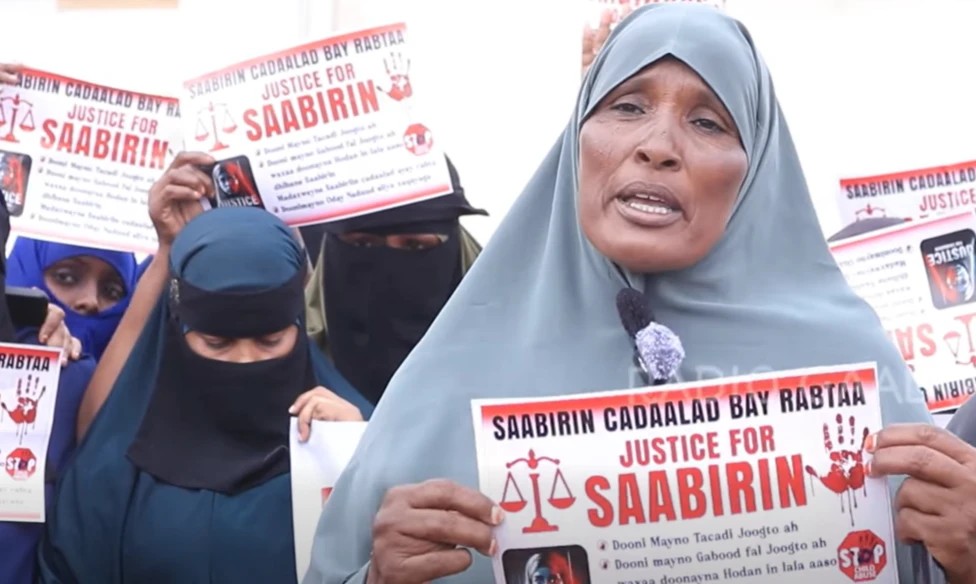

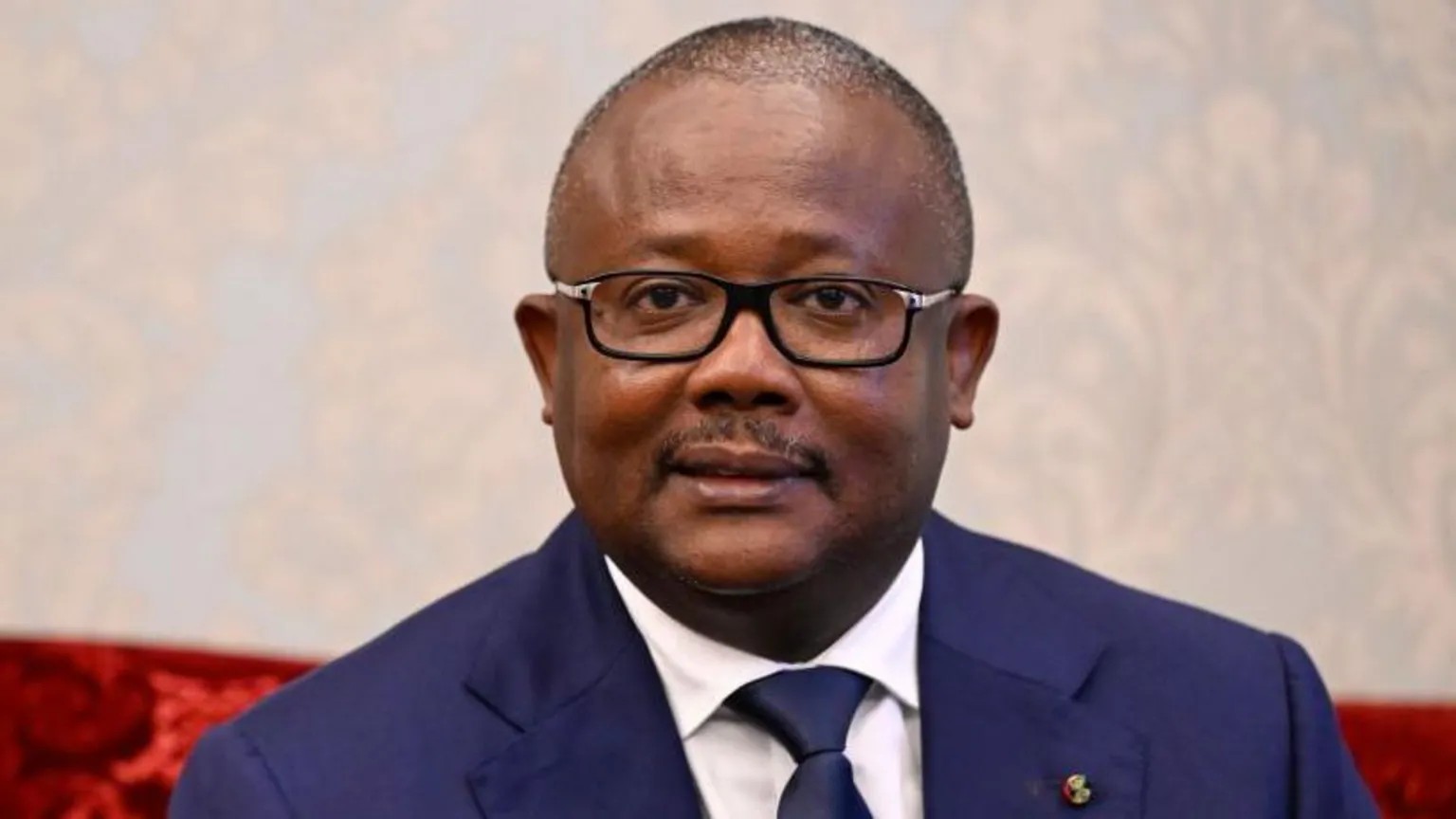
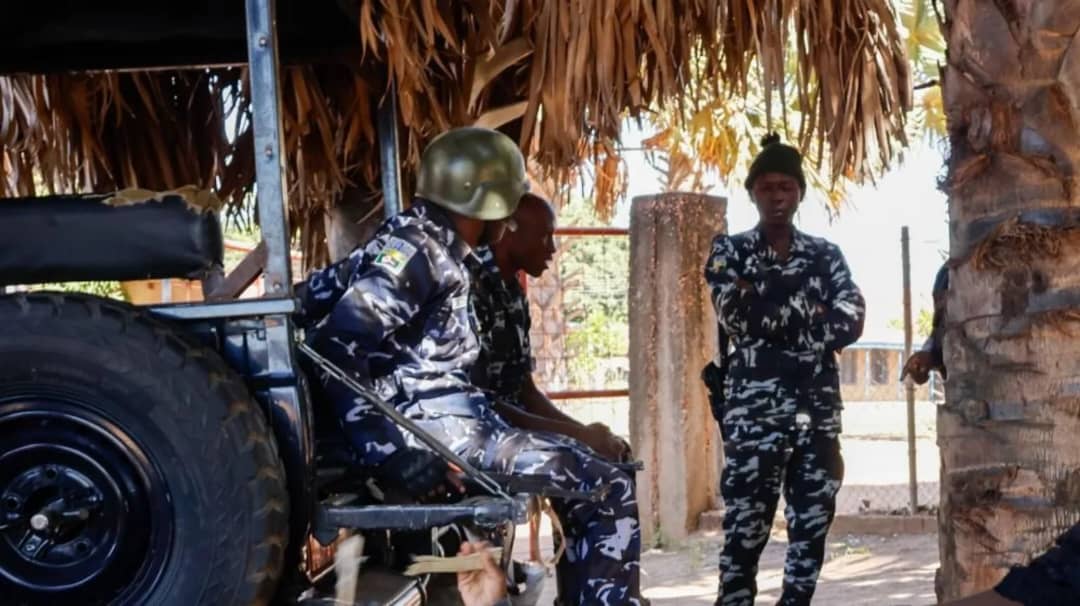
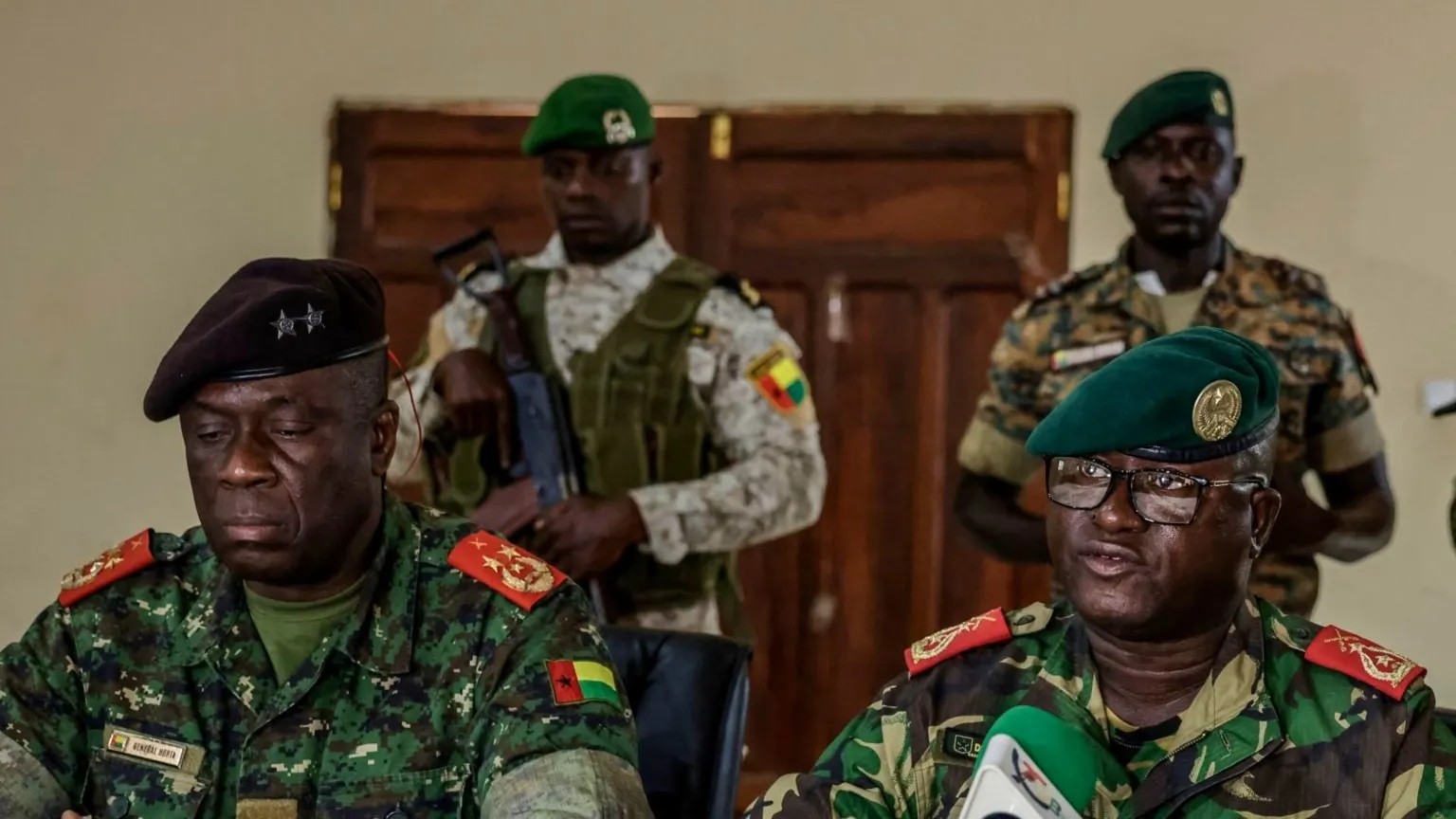
.jpg)
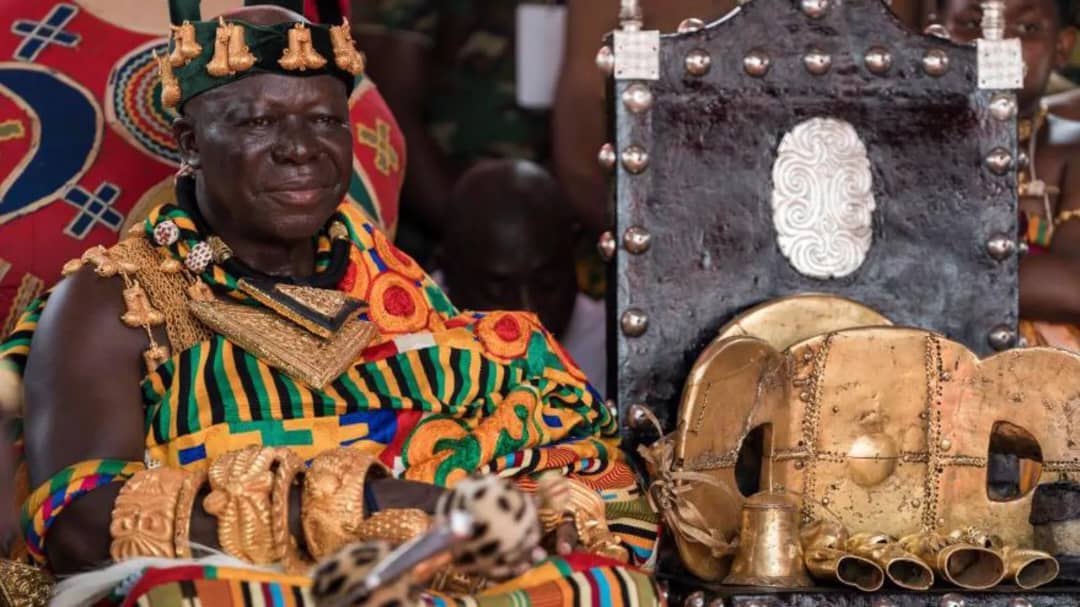
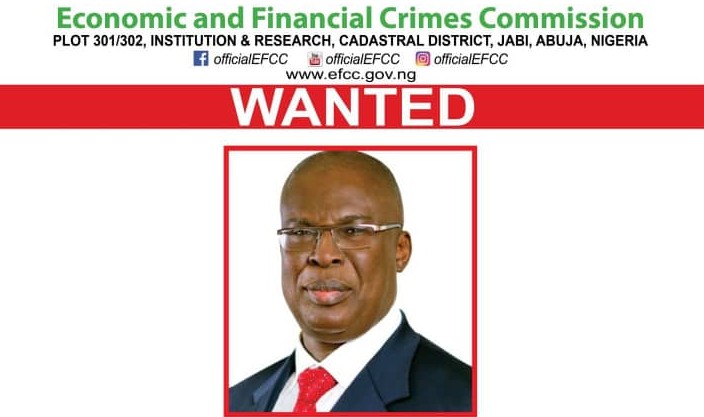

0 Comment(s)